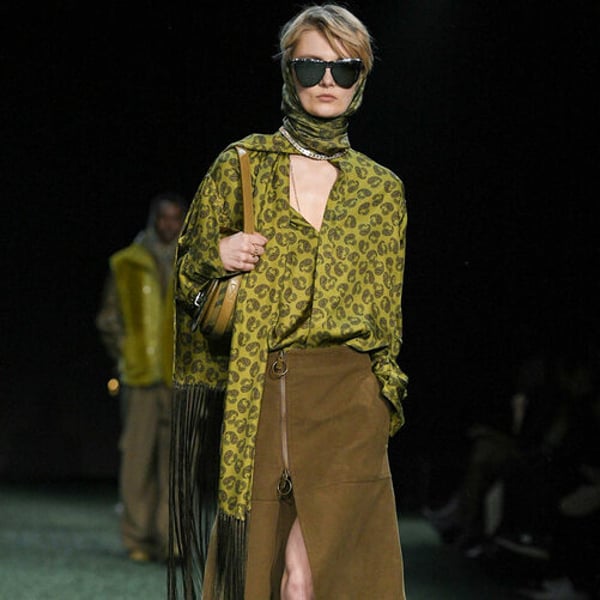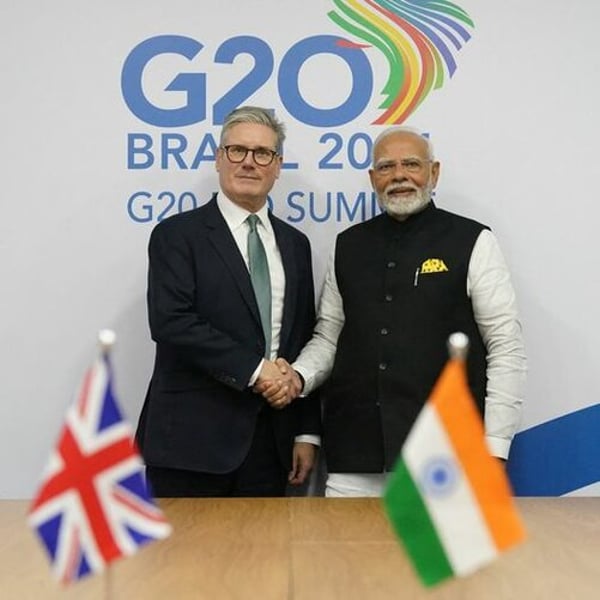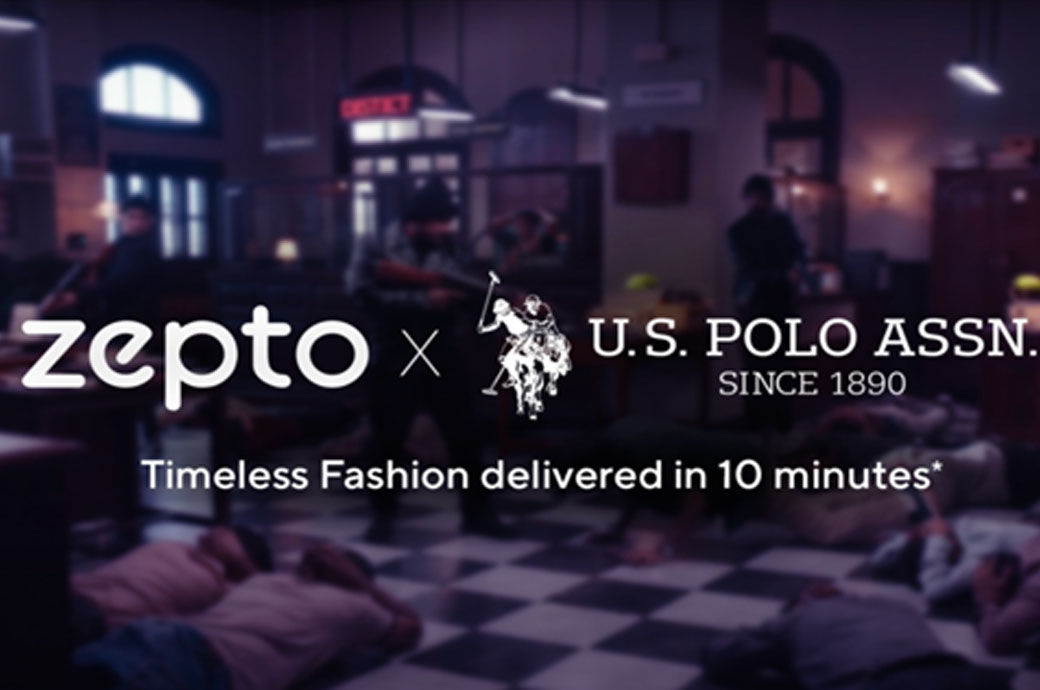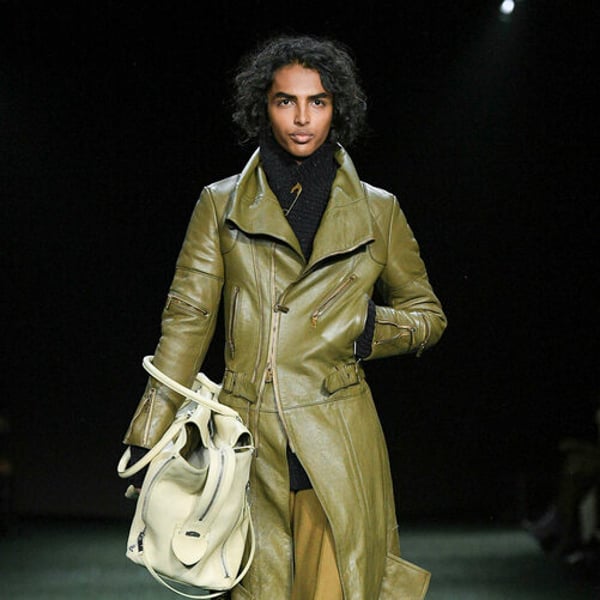The last session of the European Parliament marked the end of an important legislative period. Members of the European Parliament (MEPs) met in plenary sessions in Strasbourg or Brussels to discuss and vote on crucial issues. The discussions and approvals that take place during these sessions will have far-reaching impacts on various sectors, including fashion.
Despite the progress made, not all negotiations between the European Union (EU) co-legislators (Parliament and Council) were finalized at the end of the legislature. Some European Commission proposals remain unresolved due to disagreements in interinstitutional negotiations or the inability of national governments to establish a common position, Copenhagen Fashion Week said in its May political newsletter.
Copenhagen Fashion Week's May newsletter delves into European politics and its impact on fashion. As the final session of the European Parliament concluded on April 25, key agreements such as the Corporate Sustainability Due Diligence Directive and the ESG Ratings Regulation were approved. The upcoming elections are crucial as the new MEPs will influence future policies.
With the European Parliament elections approaching, the newly elected MEPs will soon begin their mandate. They will have to align themselves with one of the seven parliamentary groups or choose to remain unaffiliated, which could limit their influence. After the announcement of the election results, the new MEPs will have one month to settle in Brussels and decide on the composition of their committees. The first plenary session of the new legislature is scheduled for July 16 to 19, 2024.
As the bulletin highlights, the upcoming elections to the European Parliament are crucial. The decisions made by MEPs have a direct impact on various industries, including fashion.
Fiber2Fashion News Desk (DP)












